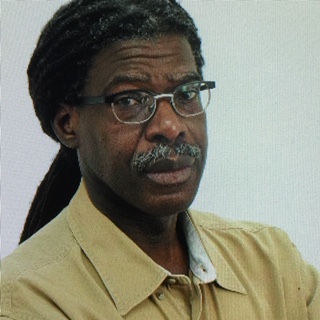
To protect and serve only white residents.
Earlier this week, someone painted graffiti on a Worcester police cruiser.
Anthony Petrone, a Worcester police sergeant and the vice president of the police officials’ union, IBPO Local 504, wasted no time charging City Councilors Khrystian King, Sarai Rivera and Gary Rosen as enablers of the crime.
“Councilor King owns this…,” Mr. Petrone wrote on his union’s Facebook page.
“King, Rivera & Rosen should pay to fix this cruiser.”
The police union berating city councilors is one thing, but publicly threatening residents? That would be a dangerous development?
But that seemed to have been the case after Jennifer Gaskin, a Worcester resident, characterized the graffiti on the cruiser as a product of civil disobedience.
Posters quickly began using the union’s Facebook page to intimidate and threaten her.
“Where is her house and what does she drive,” a poster going by the name Travis Davis, wrote.
Ms. Gaskin, founder and president of the Worcester Caribbean Carnival Association and board member of the Worcester Redevelopment Authority, asked city leaders to intervene, because as she put it, “…That’s a police group. They have access to my information.”
Neither City Manager Ed. Augustus nor Mayor Joe Petty responded to her outreach, but after speaking with Police Chief Steve Sargent, the threatening post was taken down, she said.
She speaks of her disappointment here.
Yet, the police union using its Facebook page to threaten and intimidate Ms. Gaskin is just another chilling example of how Worcester police often disregards the welfare of its black and brown residents.
In 2015, the New England Police Benevolent Association endorsed Donald Trump for the presidency despite the candidate’s racists ideas. Tom Daly, then the vice president of the local patrol union, was the NEPBA executive vice president.
When Republican Geoff Diehl, an unabashedly Trump supporter, challenged Senator Elizabeth Warren in her 2018 reelection campaign, Daly and the local patrol union enthusiastically endorsed Diehl.
And while activists have rightly focused their energy on the police department, this lack of empathy for the challenges facing communities of color can be seen up and down the city’s law enforcement chain.
The district’s attorney office, for example, often turns a blind eye to police misconduct or fails to investigate troubling cases, such as the 2012 shooting death of 43-years-old Victor Davila.
State Trooper Ryan Doyle shot through the windshield of a stolen car at Chandler and Irving streets in Worcester, killing Mr. Davila.
The district attorney’s office justified the shooting before concluding its investigation, which, as far as I know, is still ongoing. At least the findings were never made public.
What we have here is taxation without representation.
Black and brown people pay taxes too. They help fund the police department and Mr. Petrone’s almost $200,000 a year salary.
Yet, they are not viewed as being among those residents the department is sworn to protect and serve.
It’s the kind of taxation without representation that triggered the American Revolution, so spare me the outrage over graffiti on a police cruiser.
The greater outrage is that the police union seems more concerned about their cruisers than they are about black and brown lives.
